After months of unrelenting pain and uncertainty, a glimmer of hope has finally emerged for dozens of Israeli families. The latest ceasefire agreement between Israel and Hamas is expected to bring the release of several living hostages from Gaza, alongside the return of the remains of others who did not survive captivity.
The deal, brokered through intense regional and international mediation, represents the most significant humanitarian exchange since the war began last year. It comes nearly a year after the October 7, 2023, Hamas assault that plunged Israel and Gaza into one of the deadliest conflicts in their shared history.
The Scope of the Deal
According to Israeli officials, the ceasefire framework includes the release of 20 living hostages believed to still be held by Hamas and other militant groups in Gaza. In return, Israel will free around 2,000 Palestinian prisoners and detainees, many of whom have been held on administrative or security-related charges.
Additionally, Hamas is expected to hand over the bodies of at least 28 hostages who were either killed during the October 7 attacks or perished in captivity. The inclusion of the deceased underscores the tragic scale of loss that has gripped both sides of the border.
The Human Faces of the Captivity
The names emerging from the list of those to be freed reveal a painful tapestry of ordinary lives torn apart by extraordinary violence. They include young soldiers, civilians, and festival-goers — people who, on that fateful day, became symbols of national trauma and resilience.
Among them is Matan Angrest, 22, a soldier serving near Nahal Oz who was taken captive during a Hamas raid. His family has spent nearly a year campaigning tirelessly for his return, appearing at rallies and speaking to global media.
Gali and Ziv Berman, 28-year-old twin brothers from Kibbutz Kfar Aza, were abducted from their home as militants stormed the community. Their parents have since become advocates for hostage negotiations, urging Israeli leaders to “bring everyone home, living or dead.”
Elkana Bohbot, 36, was kidnapped while attending the Nova music festival, where hundreds were killed or captured. His family received video evidence early in the conflict that confirmed he was alive in captivity, though his condition remains unknown.
Also among the expected releases are Rom Braslavski, 21, who worked as a security guard at the festival, and Maxim Herkin, a 37-year-old immigrant from Ukraine who moved to Israel seeking peace and safety.
Evyatar David and Guy Gilboa-Dalal, both 24, were taken together after being ambushed during their escape from the festival grounds. Their families, bonded by shared grief, have spent the past year supporting each other in the campaign to secure their release.
Other names include Avinatan Or, Alon Ohel, Matan Zangauker, Nimrod Cohen, Ariel and David Cunio, Eitan Horn, Segev Kalfon, Bar Kuperstein, Omri Miran, Eitan Mor, and Yosef-Haim Ohana — individuals whose stories of abduction have become emblematic of the suffering endured by Israel since October 2023.
A Nation’s Lingering Pain
The ceasefire announcement has brought both relief and sorrow. While some families are preparing for long-awaited reunions, others are bracing for the heartbreak of final confirmation that their loved ones are gone.
Israeli authorities have now concluded that at least 25 of the original 48 remaining hostages were either killed on October 7 or died while in Gaza. Two more, previously classified as missing, are now presumed dead — bringing closure to some, but agony to many others.
The hostage issue has become one of the most politically charged topics in Israel, sparking nationwide protests that have united grieving families and divided the government. Many Israelis accuse their leaders of dragging their feet in negotiations, while others insist that concessions to Hamas could embolden further violence.
The Broader Context
The ceasefire deal is being hailed as a fragile but vital step toward de-escalation after months of relentless warfare that has left Gaza devastated and Israel deeply scarred. Humanitarian organizations estimate that tens of thousands of civilians have been killed in Gaza, while hundreds of thousands have been displaced.
For Israel, the hostage crisis has transformed into a national trauma — one that transcends political divisions. Weekly vigils, candlelight marches, and social media campaigns have kept the hostages’ faces in the public eye. Their names have become part of a collective prayer for redemption and peace.
For Palestinians, the mass release of detainees offers rare hope for families who have long awaited justice. Many of those held in Israeli prisons have been detained without formal charges, and their release is seen as a victory for humanitarian diplomacy.
Emotional and Political Fallout
The emotional impact of this exchange will be immense. While the families of freed hostages prepare to rebuild their shattered lives, others will be left to mourn and question whether more could have been done sooner.
Political analysts warn that the deal, though significant, may not mark the end of hostilities. Ceasefires between Israel and Hamas have historically been short-lived, often collapsing under the weight of mutual distrust and retaliatory violence.
Still, for now, there is a rare sense of shared humanity. Streets in Tel Aviv, Jerusalem, and Haifa have seen spontaneous gatherings, with Israelis lighting candles and waving photographs of those expected to return. In Gaza, too, families are preparing to welcome home sons and daughters who have spent years behind bars.
Looking Ahead
The coming days will be crucial. The process of verification, logistics, and safe passage is complex and fraught with risk. International mediators — including Qatar, Egypt, and the United States — are reportedly overseeing the stages of implementation to prevent any breach of the fragile truce.
For the families of the hostages, every hour will feel like an eternity. Their hopes now rest on the promise that, after months of anguish, their loved ones will finally step back into the light of freedom.
This moment — however imperfect — may not heal the wounds of a war that has shattered countless lives, but it represents something deeply human: the enduring belief that even amid the darkest conflict, compassion and negotiation can prevail over despair.

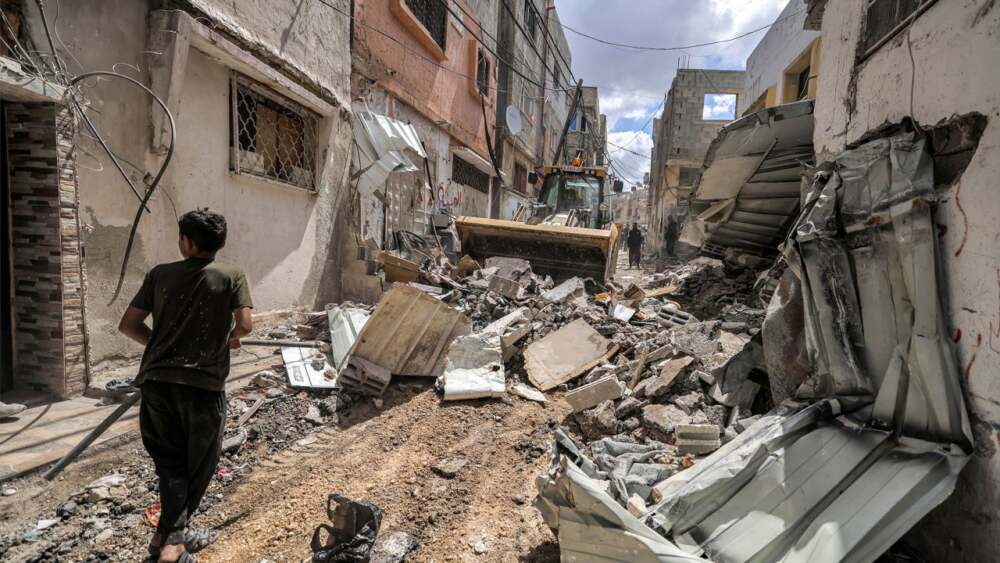





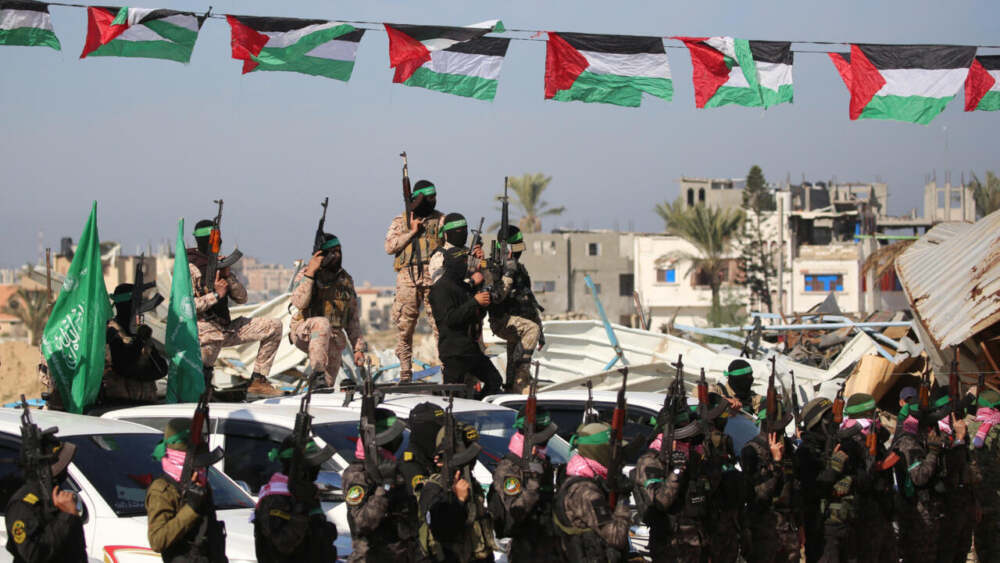
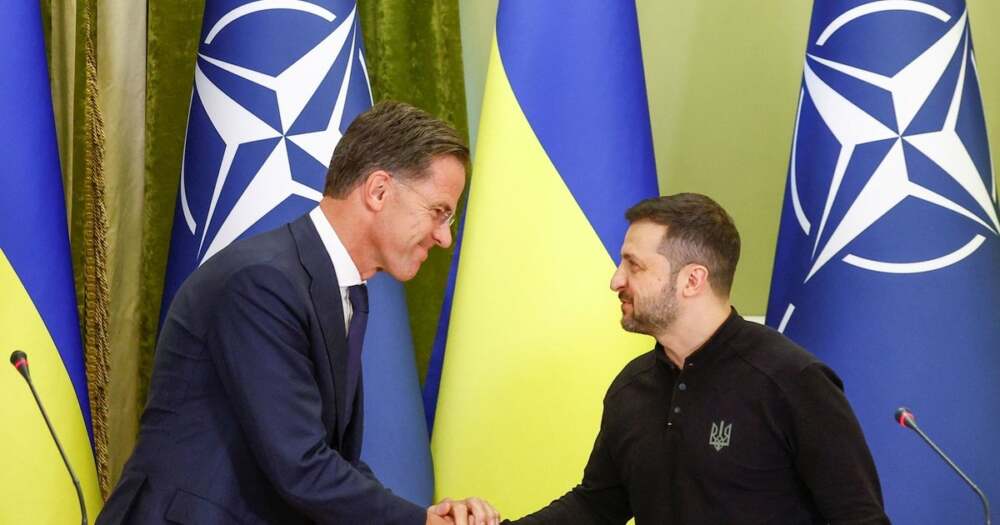
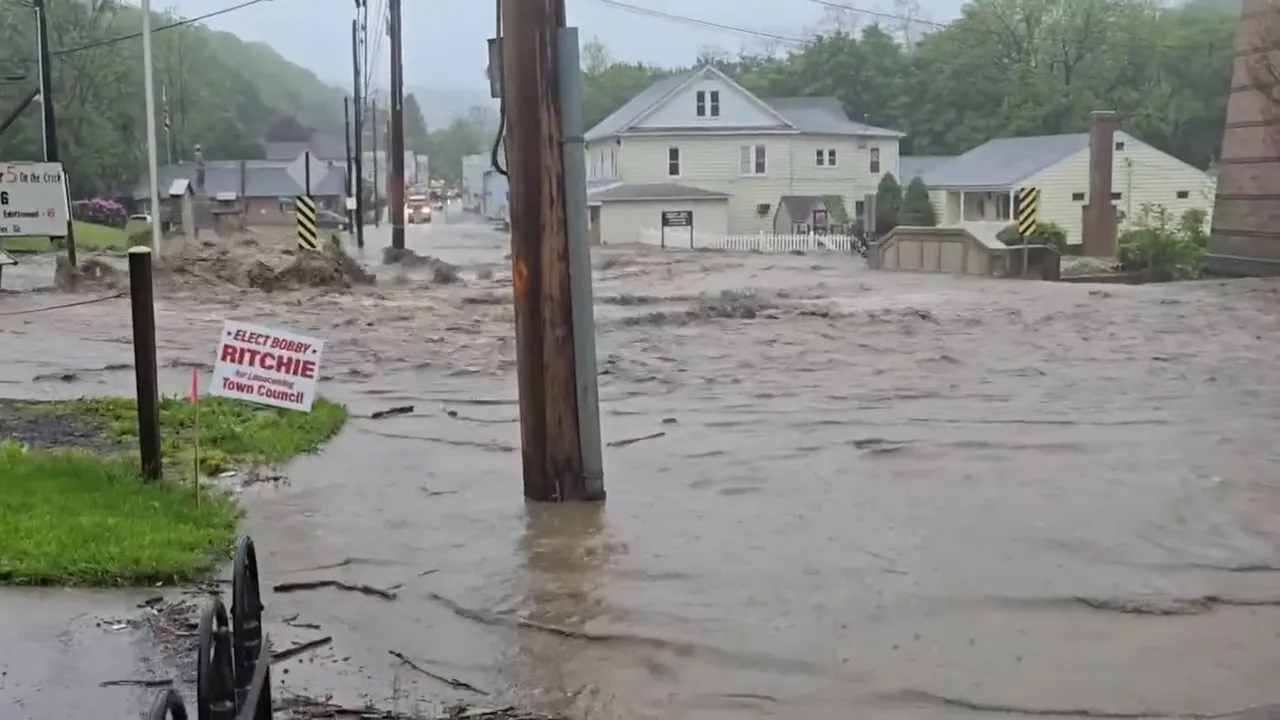
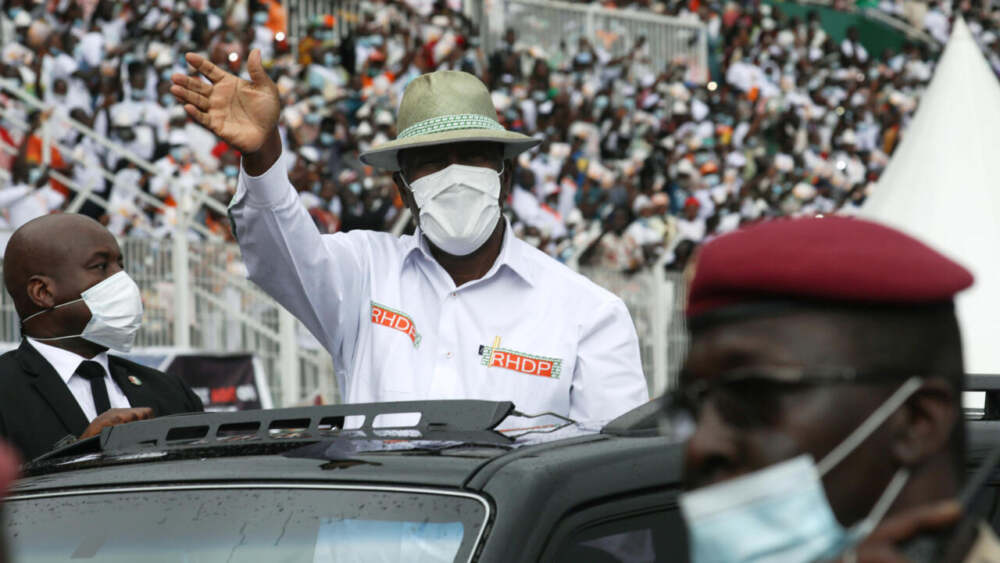
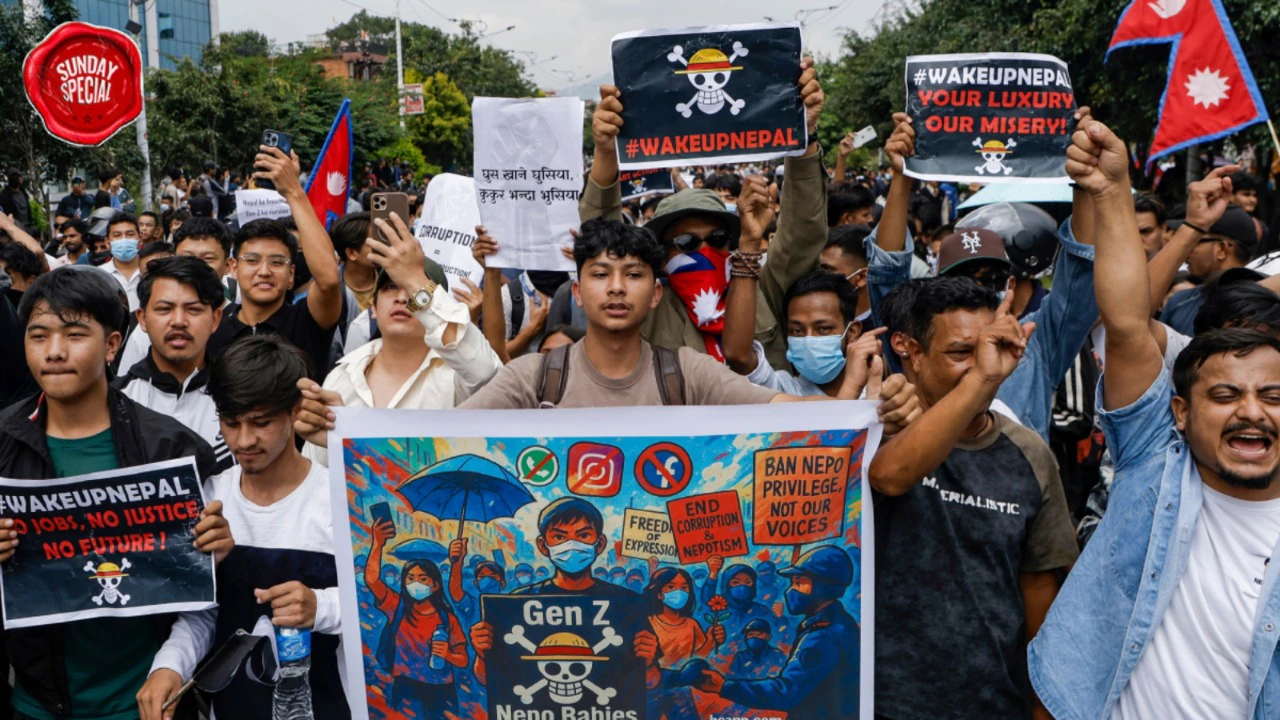




Leave a Reply